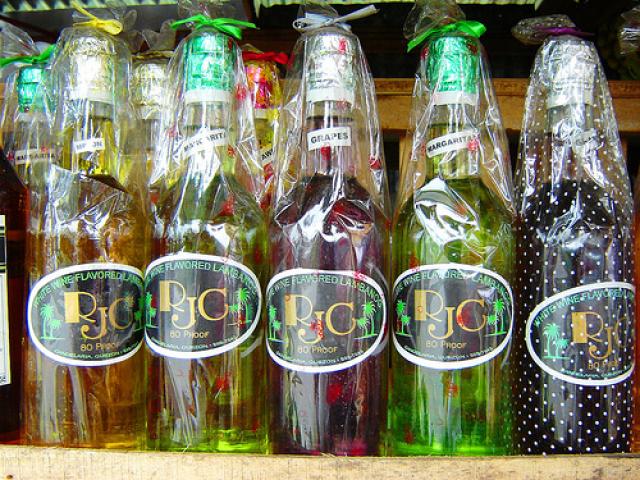
Sebastian P. Augustine, 66, a farmer in Kerala’s northernmost Kasargod district, started making wine by mere chance . On seeing that his coconut grove was diseased, he was forced to make good use of it by plucking the tender coconuts and making wine by fermenting coconut water.
Today, armed with a patent for the method, Augustine is getting ready for the commercial production of wine. He wants the government to use the product as a USP to promote tourism in the state.
Augustine is the first person to patent tender coconut wine. He is also a former deputy tehsildar and had won the Kera Kesari award in 1998, instituted by the Kerala government to recognize the best coconut farmer in the state.
His Indian government patent (No. 209015) on Aug 16 last year is now being processed by the patents offices of the European Union, the
The farmer from Kasargod district hopes that the wine development will help coconut farmers in Kerala to add value to their products if the state government promotes the
In 2004, when his seven-acre coconut grove developed rot, Augustine started cutting bunches of coconuts on the advice of his neighbours. Not knowing what to do with the hundreds of tender coconuts, he decided to try his hand at making wine from coconut water. Once, on a holiday with his daughter and son-in-law in the
The process is not too complicated. First, the water from the tender coconuts is mixed well with the kernel. Then, a few fruits, such as grapes and pineapple, and spices, such as cinnamon, clove and vanilla, among others, are added along with a bit of sugar, and the concoction is left to ferment for nearly a month. The wine then is cleared and pasteurized and bottled.
Kerala’s share in coconut production leads the rest of the country with nearly 50 percent of the produce coming from the state, with a total production of over six billion nuts in 2006. Another advantage this product offers is that tender coconut harvesting doubles the yield from the tree. Frequent plucking of tender coconuts also helps keep diseases at bay.
While the double harvesting gives a decent profit to the farmer, plucking coconuts before they get rip increases workdays of the farm labourer, and hence in more ways than one this product will spell a win-win situation for all.
His organic farm in Beemanady in the eastern part of Kasargod district has been awarded the best coconut garden award by the Central Plantation Crops Research Institute (CPCRI) in 2000.
Sebastian can be contacted over phone numbers 0467- 2241343 and 94473-47041 and at email:baby_palamattam@ hotmail.com.

Leave Your Comments